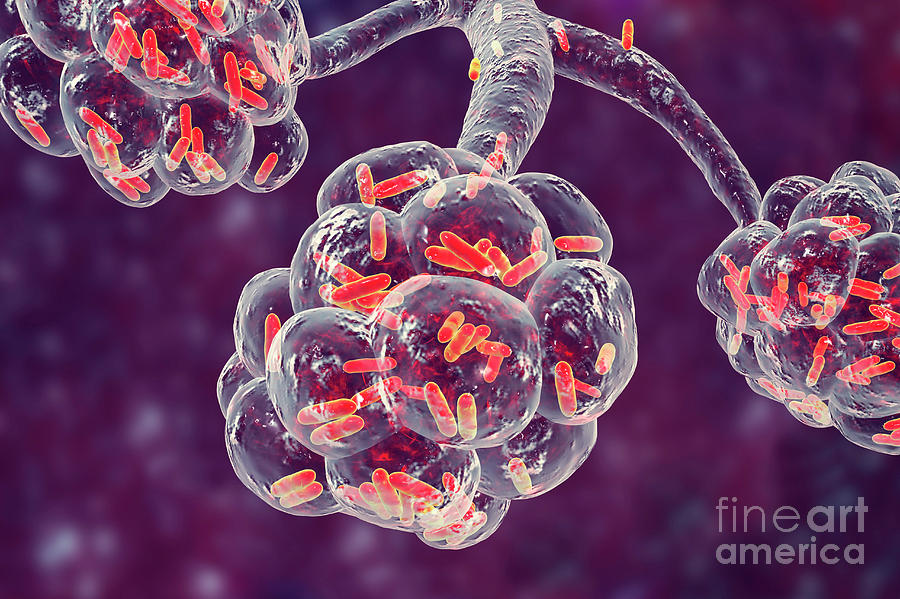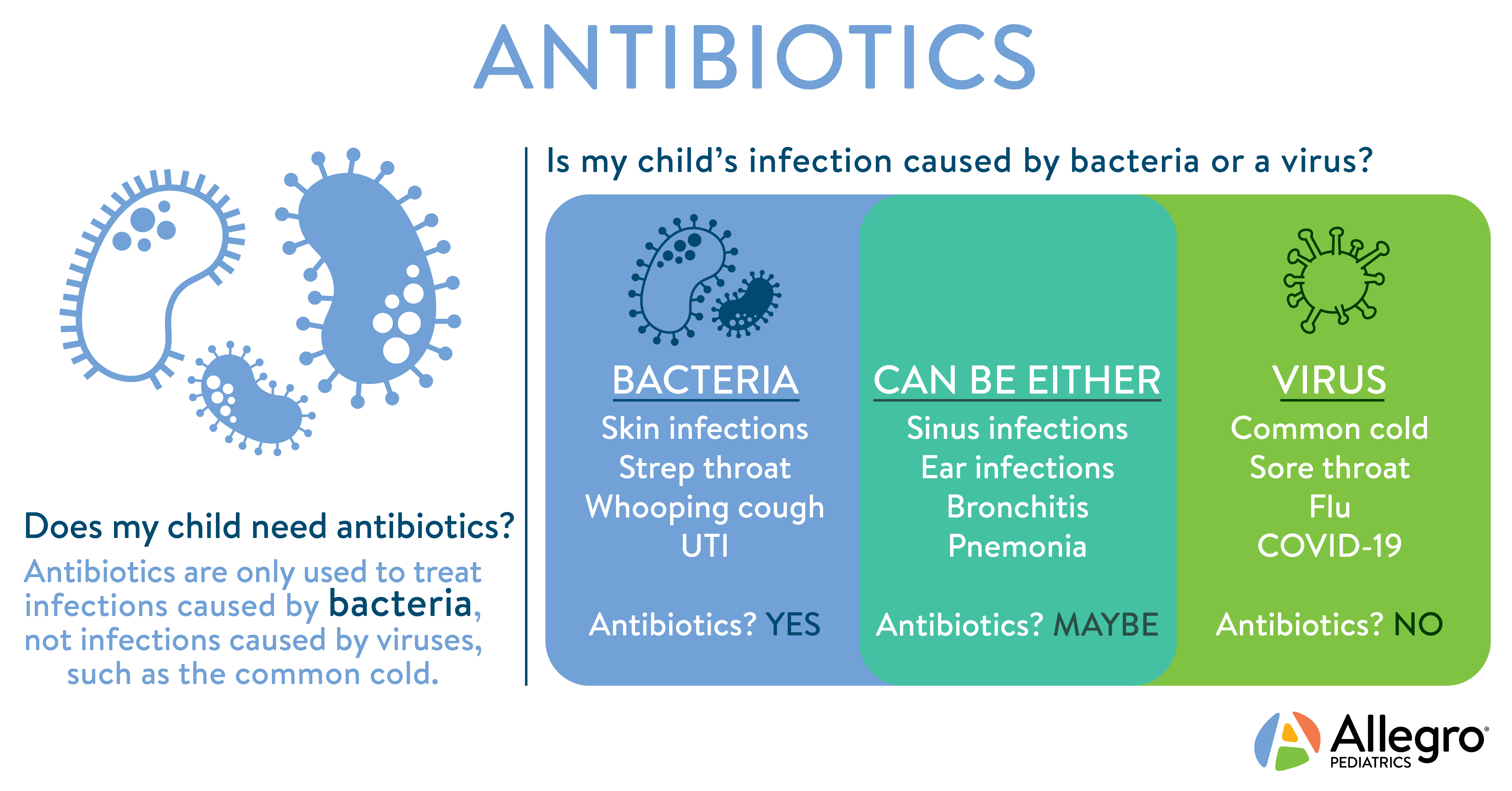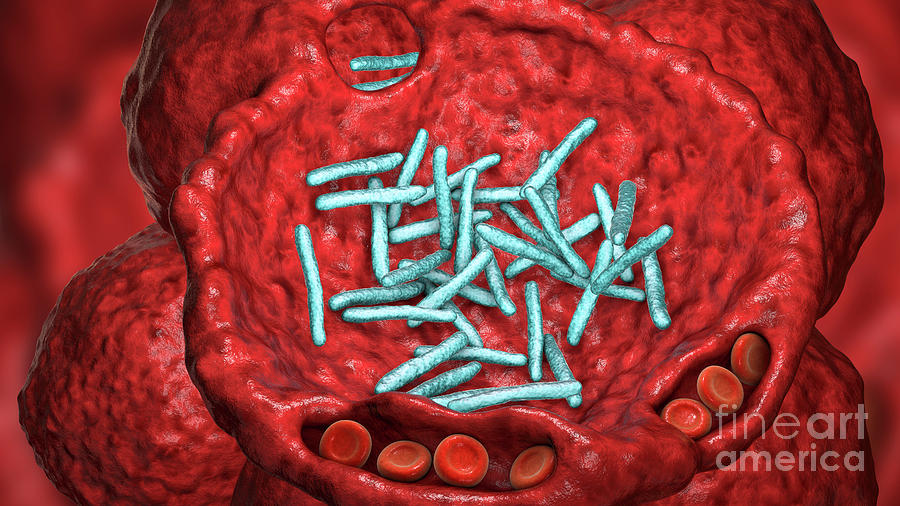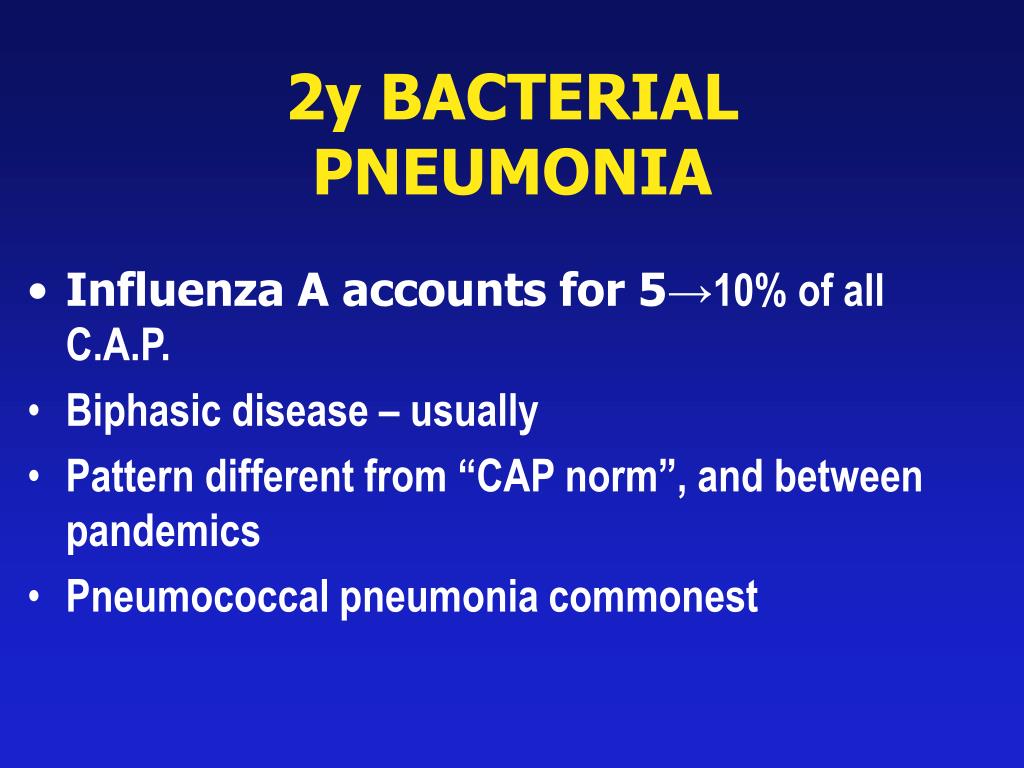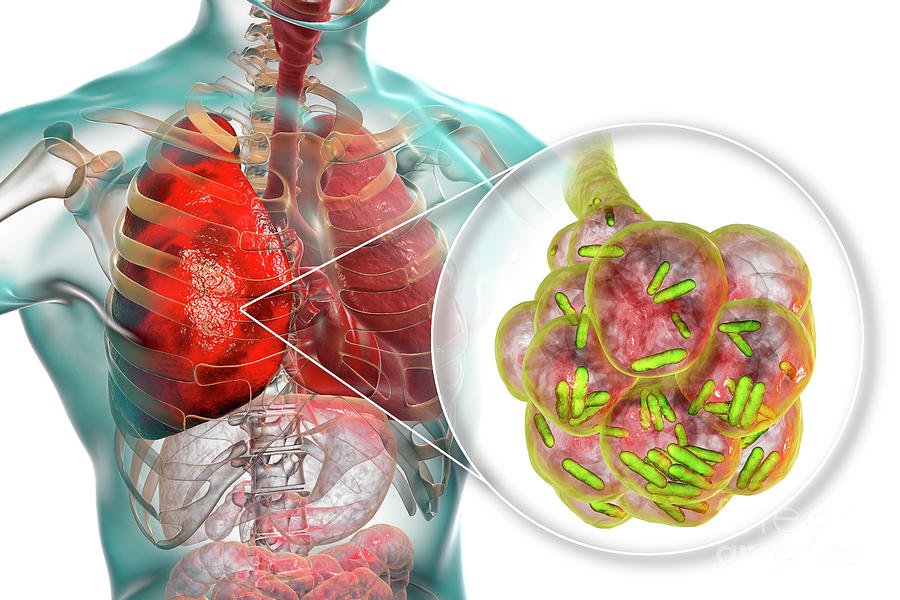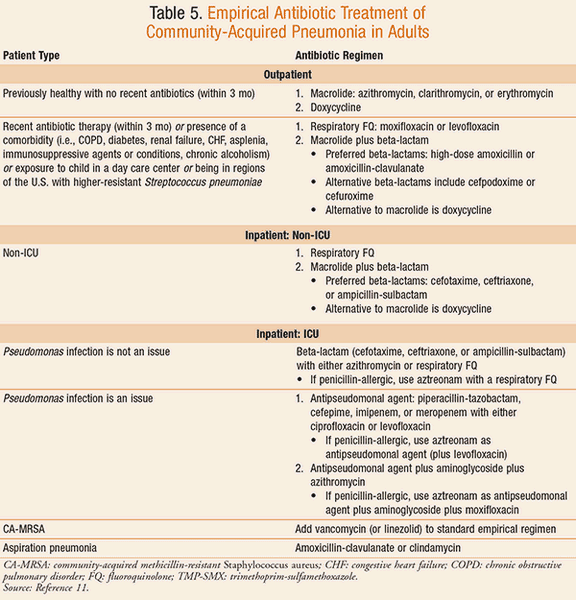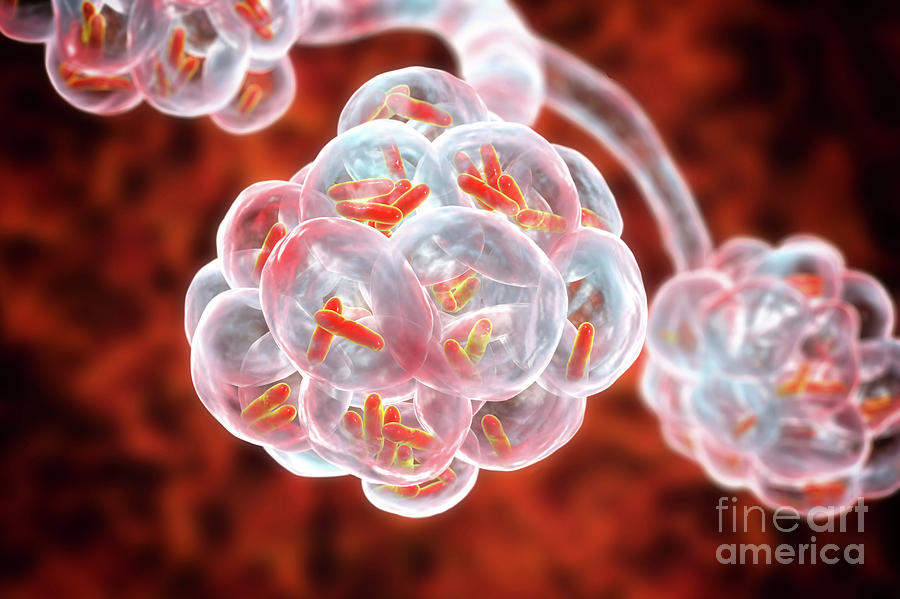Spectacular Info About How To Treat Bacterial Pneumonia
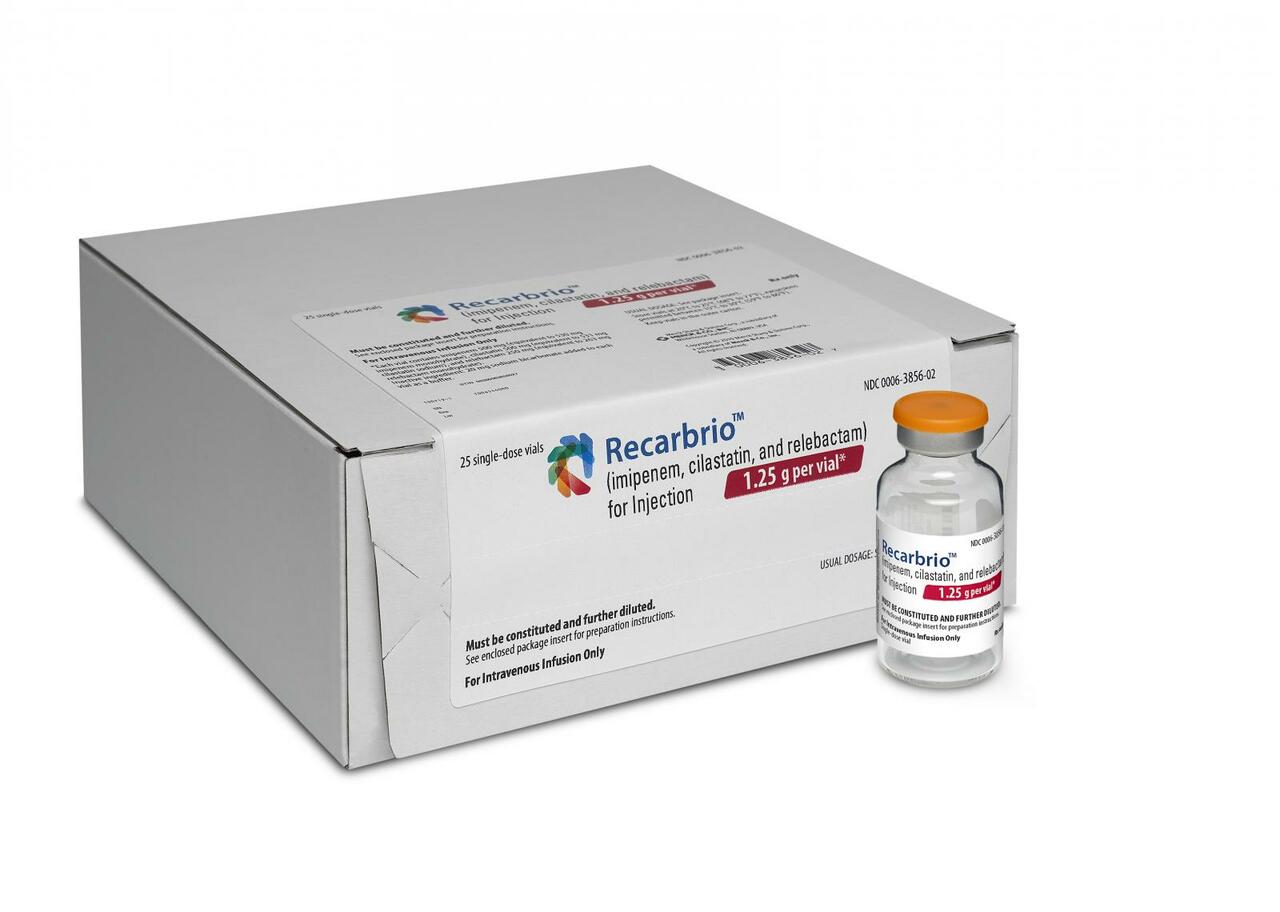
How to treat pneumonia antibiotics.
How to treat bacterial pneumonia. Antibiotics are used for bacterial pneumonia. Take influenza and pneumonia vaccines after discussing with your physician. Learn how to treat bacterial pneumonia, a common lung infection caused by bacteria that can be mild or serious.
Prevention is always better than cure, she said. You may need to go to. Bacterial pneumonia is a lung infection caused by bacteria.
A bout of pneumonia happens in four stages: Treatment for pneumonia involves curing the infection and preventing complications. Pneumonia can be serious, and full recovery.
When treated with antibiotics, many cases of pneumonia last about two to three weeks. Pneumonia can be triggered by a cold or the flu, which allows the germs to. Most of the time, pneumonia is treated at home, but severe cases may be treated in the hospital.
Imaging should also be obtained for physical examination abnormalities of crackles or decreased breath sounds in a patient without asthma. This prospective observational monocentric cohort study aims to. Find out the symptoms, causes, risk factors, diagnosis, treatment,.
Although most symptoms ease in a few days or weeks, the feeling of tiredness can persist for a month or more. You'll usually be given antibiotics to treat pneumonia. Several home remedies may help relieve some pneumonia symptoms, but you’ll probably need medical treatment.
Pneumonia is caused by an infection of the lungs. Dr menon added that since children are. Most people get better in 2 to 4 weeks.
The most common one is streptococcus (pneumococcus), but other bacteria. The antibacterial drug levofloxacin is used to treat pneumonia, sinusitis, genitourinary infections, and other diseases. Pneumonia can be deadly if not treated early:
Most infections are caused by bacteria or viruses. Antifungal medicines are prescribed for fungal pneumonia. Antibiotics won't help you get better quicker if a virus causes pneumonia.
Your lungs become inflamed and cannot work. Some people are more at risk of becoming seriously ill. The names of each stage refer to how the infection.
